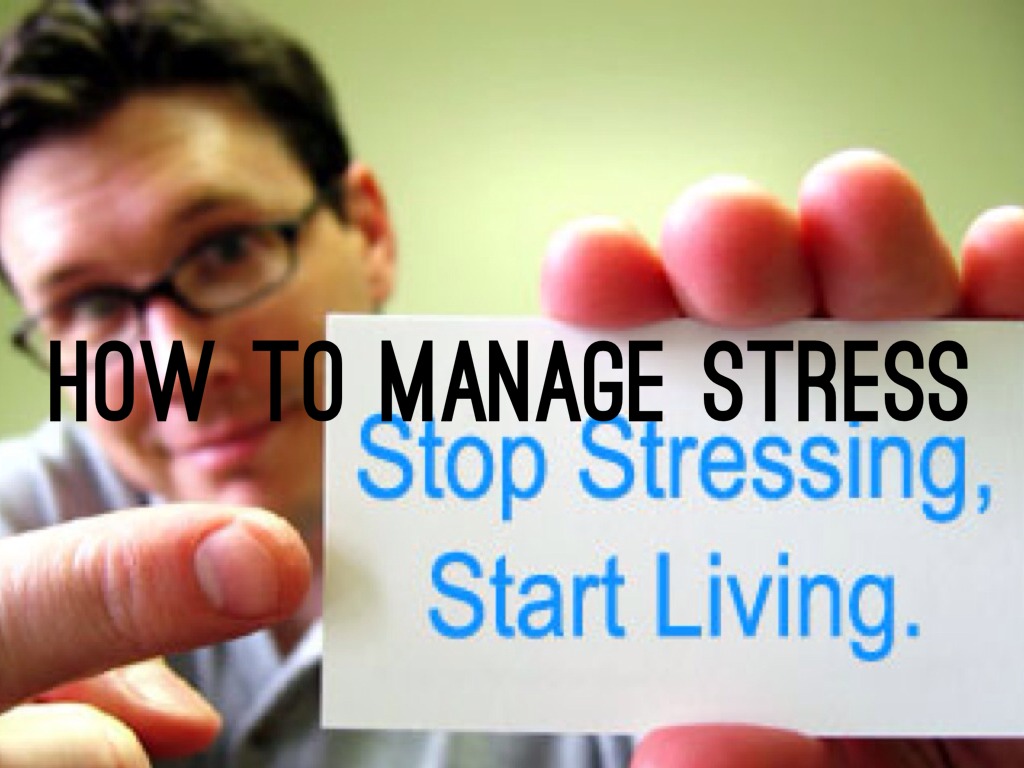4. Learn to moderate your physical reaction to stress – Slow, deep breathing will do wonders by regulating your heart rate and bring your respiration back to normal.
Relaxation techniques will do magic on your tense muscles by relaxing them or will reduce the muscle tension.
Electronic biofeedback can help you gain voluntary control over such things as muscle tension, heart rate, blood pressure etc.
Medications prescribed by any physician will help in moderating your physical reactions towards stress but in a short term basis. However the medications alone will not help and not the answer in the long run, learning and coping up with these situations in a holistic way on your own is a preferable long term process and the fool proof solution as well.
5. Build your physical reserves – Exercise for cardiovascular fitness 3-4 times a week (moderate, prolonged, rhythmic exercise is best such as walking, cycling or jogging)
Eat well balanced nutritious meals, maintain an ideal weight, avoid external stimulus like nicotine caffeine, alcohol etc, mix leisure with work, take breaks and just get away whenever you can, get enough sound sleep and try to keep your sleeping schedule as regular as possible.
6. Maintain your emotional reserves – Develop some mutually supportive friendship/relationship. Pursue realistic goals which are meaning full to you rather than goals that others have set for you and you don’t have any interest in them either for sharing or pursuing it, expect some meaningful help to you by doing what you love to do and not just dance on others tunes.
Expect some frustrations, failures and sorrows as well. Always be kind and gentle to yourself, be your friend or be your best friend first of all.
Read Part 1 Here
